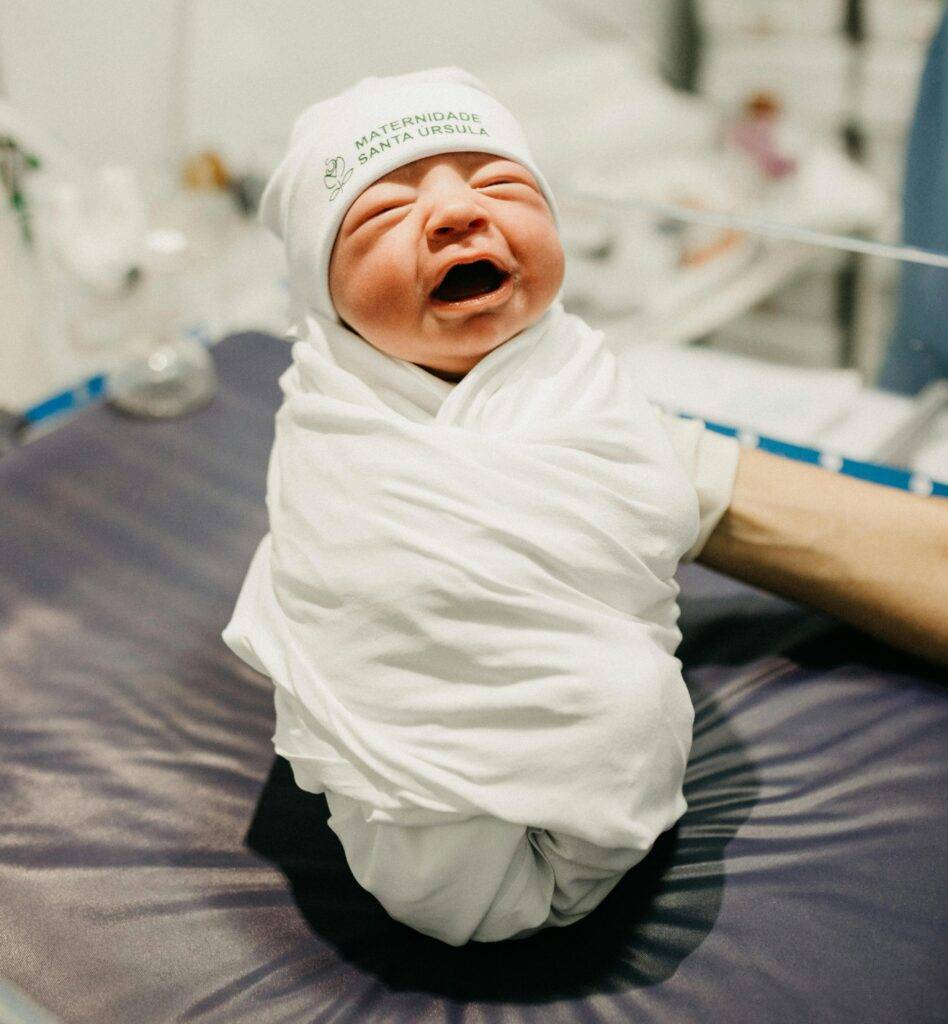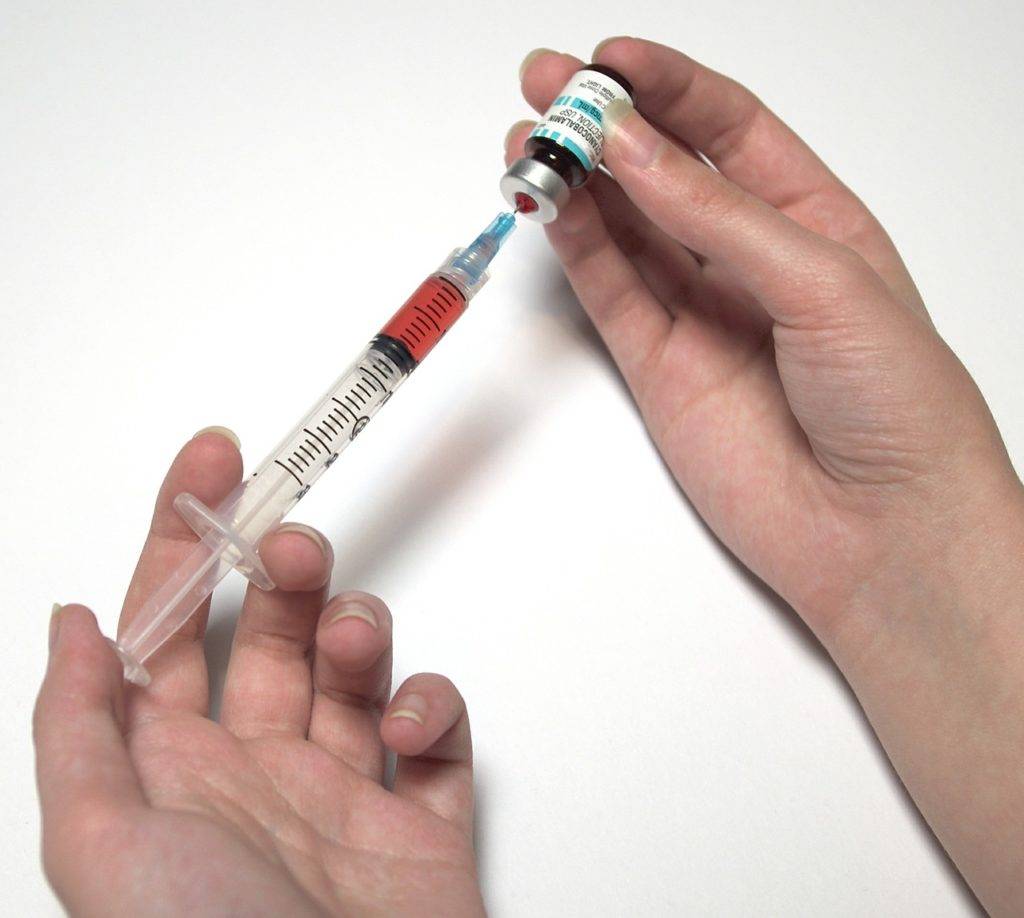Table of Contents
Hi! I’m Dr. Michael Nwaneri, your pediatrician here at Omega Pediatrics. I know the first week with your baby can feel like a wild rollercoaster. Whether you’re a first-time parent or this is baby number five, Week 1 always brings surprises. In this guide, I’ll walk you through what I usually tell families I see in my clinic during that very first visit—usually within 24 to 48 hours after coming home from the hospital.

Welcome to the World: What Just Happened?!
Your baby just moved from a cozy, warm, dark place into a bright, noisy world. That’s a big adjustment! And you, too, just went through a transformation. This week is about getting to know each other, building a rhythm, and staying calm through the chaos.
Let’s go through what you need to know.
Feeding: It’s Beautiful… and Totally Chaotic
Feeding your baby is one of the biggest tasks this week. And yes, it can feel completely chaotic. Sometimes baby latches. Sometimes they scream. Sometimes they fall asleep after two sucks. It’s a learning curve for both of you.
Breast Is Best (and Support Makes It Work)
I always tell parents that breastfeeding is the gold standard. It gives your baby the perfect nutrients, helps protect against illness, and creates an incredible bond. But let’s be honest—it’s not always smooth.
Breastfeeding works best when three things are in place:
- A motivated mom
- A solid support system
- Positive language from the people around you
If anyone around you is being negative—saying things like “just give the baby formula,” “you’re not making enough milk,” or “you’re spoiling the baby”—please ignore them. This is your journey.
And if you want help, a lactation consultant can be a total game changer. Get one. Talk to one. It’s worth it.
Formula? Not Ideal
Some parents ask me if they should just “top off” with formula. My advice? Try not to. Formula is expensive and isn’t as easily digested as breast milk. Also, once you start with formula, it’s harder to go back.
If breastfeeding isn’t working yet, let’s work together to fix it before switching. Give it a real shot.
Sleep: Predictably Unpredictable
Babies sleep a lot. We’re talking 14 to 17 hours per day. But not in one long stretch. Oh no. They do it in chunks—maybe 2 to 4 hours at a time.
Your baby might be up all night and sleepy all day. Don’t worry. That’s normal in Week 1. During the day, keep things bright and active. At night, make the environment calm and quiet.
Eventually, they figure out day and night. But this week? Just roll with it.
Poop Patrol: Expect the Unexpected
Here’s a surprise for most first-time parents: exclusively breastfed babies can poop 10 times a day or once every 10 days. And both are totally normal.
If your baby is feeding well, peeing regularly, not fussy, and has a soft, non-bloated belly—you don’t need to do anything.
Seriously. Nothing.
But if something feels off, or you’re unsure, reach out to Omega Pediatrics or your lactation consultant.
Umbilical Cord Care: The Stinky Truth
Let’s talk about that little stump on your baby’s belly—the umbilical cord remnant. It’s totally normal, but how you care for it this first week makes all the difference.
Here’s the rule: keep it dry and clean—period.
No More Alcohol Rubs
I know some of the old-school folks—including maybe Grandma or Great-Grandma—might insist on dabbing it with alcohol using a cotton ball or gauze. We used to do that too. And yes, I’m dating myself here (lol). But pediatricians stopped recommending that years ago.
Now we know: just leaving it alone and keeping it dry is better.
Don’t Get It Wet
Here’s why: that stump is dead tissue. And like any dead tissue, if it gets moist or soaked, it starts to smell. Bad.
And once it gets stinky, it’s not going anywhere for a while. You’re stuck with that “smalling” baby until the stump dries out and falls off naturally—usually 1 to 2 weeks.
Pro Tips:
- Give only sponge baths until it drops off
- Fold down the diaper to avoid rubbing
- Let air hit it during diaper changes
- Never pull on it—even if it’s hanging by a thread
If you notice swelling, redness, or oozing—call us right away.
Safe Sleep: Back to Sleep, No Exceptions
This part is serious. We now know that putting babies on their backs to sleep saves lives.
Thanks to the Back to Sleep Campaign, cot deaths (also called SIDS) dropped by more than 50%. That’s huge.
So here’s what I strongly recommend:
- Baby sleeps on their back
- In a crib or bassinet
- Alone (no bed-sharing)
- On a firm mattress with no pillows, toys, or blankets
Again, this might be where you have to gently (or not-so-gently) disagree with Grandma. Cultural norms aside, this is one place where science speaks loud and clear.
The Doctor Visit: Don’t Wait to Get Punched in the Face
I love what Mike Tyson said: “Everyone has a plan until they get punched in the face.” Taking a baby home is a little like that. You think you’re ready—then the first blow lands.
That’s why I always tell parents: come in within 24 to 48 hours after getting home. Not 3 to 5 days. Not “sometime next week.”
Because if you’re doing the wrong thing for four days, that’s half your baby’s life so far. Let’s catch issues early.
At Omega Pediatrics, we offer appointments up to 7 PM and we stay open until 9 PM for care and follow-up. We make it easy for you to get seen without turning your whole day upside down.
Parent Well-Being: You Matter
I’ll say this clearly: a healthy mom is the best guarantee of a healthy baby.
You need rest, food, emotional support, and space to breathe. Take breaks. Let someone else hold the baby while you nap or eat.
You don’t have to do it all. You just have to be there and ask for help when needed. That’s more than enough.
Final Words From My Cradle of Wisdom
Week 1 is wild. You’ll doubt yourself. You’ll cry happy tears and maybe a few tired ones too. But here’s what I know after decades of doing this:
You don’t have to be perfect. You just have to show up.
We’re here with you at Omega Pediatrics—every step of the way.
Need help or a newborn visit?
Same-day appointments available • Evening visits up to 7 PM Visit us in Roswell or Marietta, GA
More info at OmegaPediatrics.com
👉 Share this with a friend who just had a baby. You might just save their sanity.
How much weight is normal for a baby to lose in the first week?
It’s normal for newborns to lose up to 7–10% of their birth weight in the first few days. This is mostly water loss. However, they should start gaining it back by Day 5–7. If not, it’s time to check in with us sooner.
Should I wake my baby to feed in the first week?
Yes, in most cases. If your baby is sleeping longer than 3 hours during the day or 4 hours at night in the first week, you may need to wake them for a feeding—especially if they’re not back to birth weight yet.
How can I tell if my baby is getting enough milk?
Look for 6+ wet diapers and at least 3–4 poops a day by the end of week one. Also, your baby should seem satisfied after feeding, and weight checks with your pediatrician will confirm it.
Is spitting up normal or should I be worried?
Some spitting up is normal, especially right after a feed. If your baby is gaining weight and not in distress, it’s usually harmless. If it’s projectile or green/yellow, call us.
What should the umbilical stump look like as it dries?
It should dry out, turn black or brown, and fall off naturally. A little crusting or even a drop of blood as it detaches can be normal. But redness, pus, or a foul smell needs a checkup.
Why is my baby sneezing so much? Are they sick?
Frequent sneezing is totally normal and not usually a sign of illness. It’s how newborns clear their tiny noses. As long as there’s no fever or trouble breathing, don’t worry.
Is it normal for my baby’s skin to peel?
Yes. Peeling skin, especially on the hands and feet, is normal as babies shed the protective layer they had in the womb. No need for lotions unless it’s cracking or bleeding.
How do I know if my baby is cold or too hot?
Touch their chest or back—not hands or feet. Babies should feel warm, not sweaty or clammy. Dress them in one extra layer than you would wear. Avoid overheating, especially during sleep.
What are signs that my baby might be jaundiced?
Jaundice often shows up as a yellow tint on the skin or whites of the eyes. Mild cases are common, but if your baby looks more yellow or is sleepy and not feeding well, call us immediately.
When will my baby’s vision start to develop?
Newborns can see only about 8–12 inches away and prefer faces. By the end of week one, they may start recognizing your voice and turning toward light. Visual development is just beginning.



